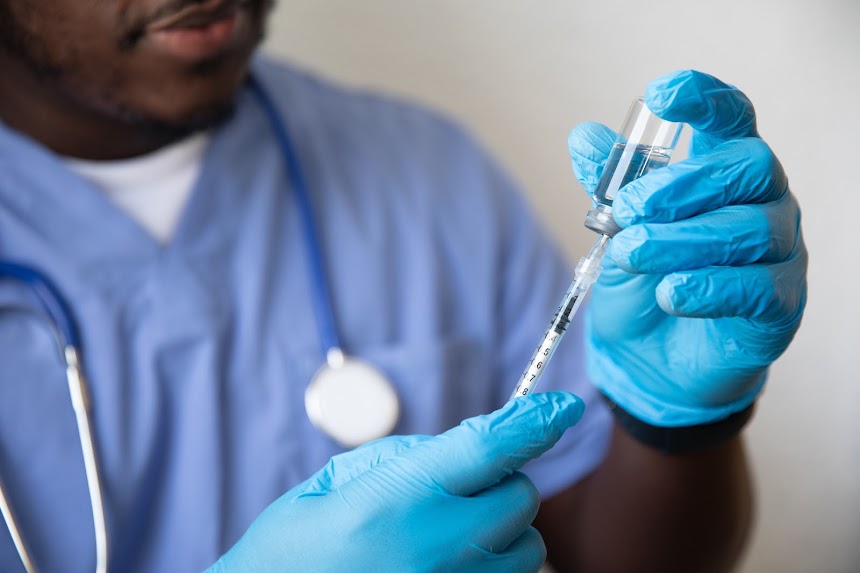- Working at Your Desk:
- Being Pregnant:
- Taking Hormone Replacement Therapy (HRT):
- Binge-Watching TV:
- Being in the Hospital:
- Having Cancer:
Most of us sit for hours each day, especially if we have desk jobs. While sitting seems harmless, prolonged periods of inactivity can raise the risk of blood clot formation, known as deep vein thrombosis (DVT). Dr. Helen Okoye, a medical expert, warns that staying still for extended periods can cause blood to pool in your extremities, increasing the risk of blood clots. Incorporating regular movement into your day, like standing up after an hour of sitting, can help maintain good blood circulation.
Pregnant women are at risk of experiencing blood clots during pregnancy, childbirth, or up to three months after delivery. Elevated estrogen levels during pregnancy, increased clotting proteins, and decreased anti-clotting proteins contribute to this risk. Restricted movement, especially towards the end of pregnancy or during post-C-section bed rest, can further increase the risk.
Hormone replacement therapy, particularly if it includes estrogen, can increase the risk of thrombosis. Although the risk is generally low, it's higher than in women not undergoing hormone therapy.
Prolonged periods of sitting and watching TV can increase the risk of blood clots. Studies show that spending more than four hours a day watching TV raises the risk of fatal blood clots by over 35% compared to those who watch less. Regardless of your fitness level, extended TV sessions are a risky activity.
Hospitals may seem safe, but they pose a significant risk of blood clot formation. Patients with decreased mobility due to bedrest, recovery, or surgical procedures are more likely to develop blood clots. Certain surgeries and medical procedures also increase the risk, especially those involving the abdomen, pelvis, hips, or legs.
Cancer patients face a fourfold increased risk of developing serious blood clots. Specific cancers, such as lymphomas, multiple myelomas, lung cancers, pancreatic cancers, stomach cancers, bowel cancers, and brain cancers, carry a higher risk. Chemotherapy and surgery can further damage blood vessel walls, increasing the likelihood of clots.
It's crucial to understand that various factors, including genetics, lifestyle, medical history, and current health status, influence the risk of blood clots. If you have concerns about your risk, consult a medical professional who can provide personalized advice based on your individual circumstances. Being aware of these surprising risk factors can help you take preventive measures and stay healthy.



